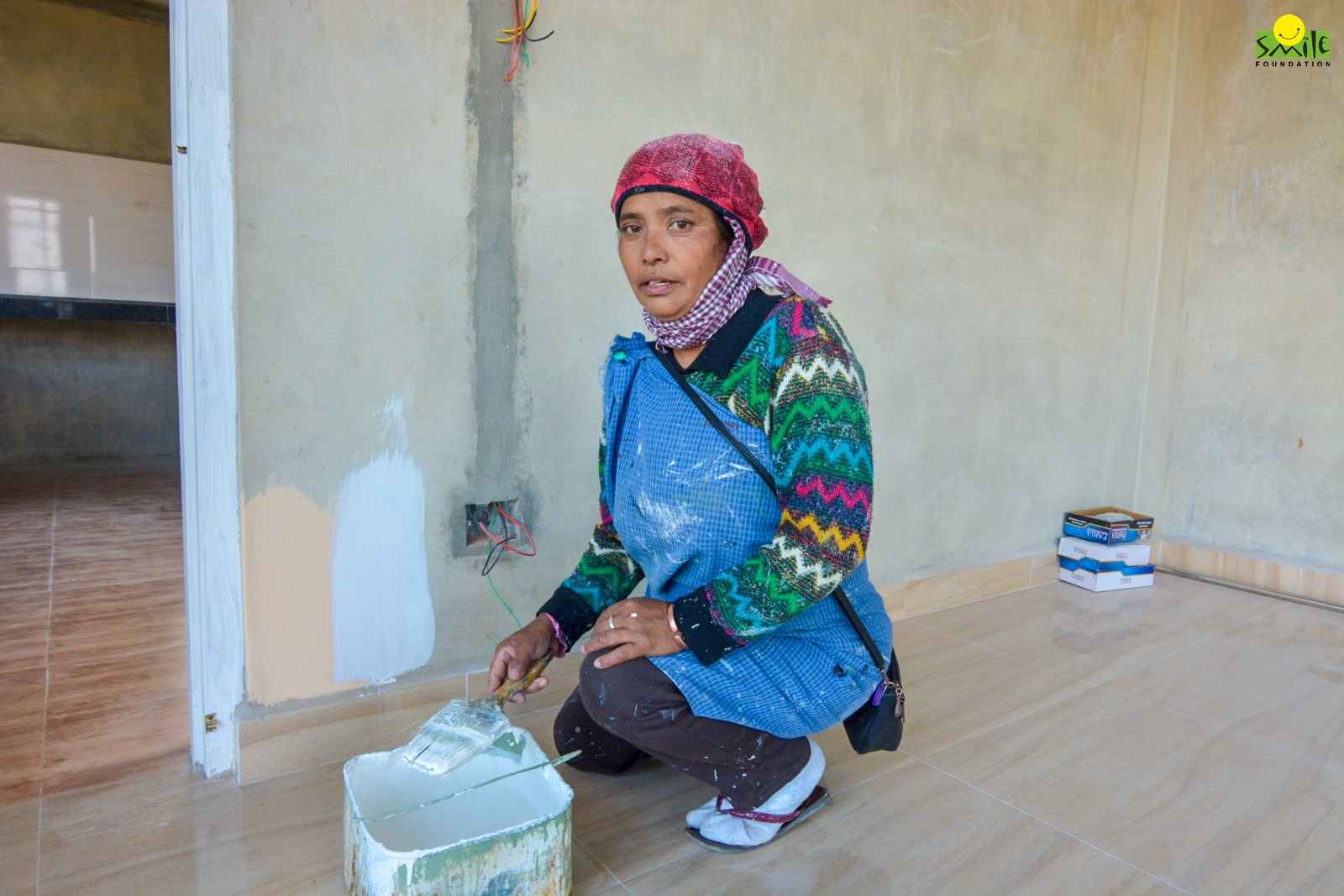The buzzword for 2023 is artificial intelligence (AI). From corporate press conferences to media houses and even casual group discussions, AI creeps in everywhere. It has been around for years, but the conversation got serious after Microsoft-backed OpenAI released ChatGPT, an artificial intelligence chatbot.
Innovative and ground-breaking, the tool holds incredible value for all industries and individuals, with many touting it as one of humanity’s great inventions. ChatGPT and other Large Language Models (LLMs) deserve such recognition as they’re fantastic tools that enhance human capability and efficiency and bring change to society.
The latter is more valuable from a universal viewpoint, as, despite incredible evolution and transformation, problems exist worldwide. Take gender equality. The 21st century is littered with unfair gender bias examples, with women unable to perform and contribute the way men can.
It’s a bigger problem in India, where traditional customs and traditions further alienate women and draw a clear distinction between things men and women can do. Artificial intelligence offers hope. Being a machine, it sees people as individuals, not men and women. AI can help break barriers, challenge biases, and pave the way for a more inclusive and equitable world.
Artificial Intelligence (AI) for Change
The growing prominence of artificial intelligence gives hope that gender equality can be addressed. AI systems are unbiased, relying on data-driven algorithms rather than societal prejudices.
By removing human intervention and relying on objective data, AI can help reduce gender disparities and ensure fair treatment. Below are a few areas we think artificial intelligence can profoundly impact and support the cause of gender equality.
Recruitment
Recruitment has been plagued by gender biases for decades in the corporate world. Men are preferred in certain roles, especially those requiring programming and tech skills. Despite their skills and experience, women are often overlooked in such roles.
AI-powered systems can solve this problem and revolutionize the recruitment processes by analyzing resumes and applications without preconceived notions. By focusing on skills and skills alone, AI algorithms can identify candidates best suited for the job. This can help overcome unconscious biases, promoting a more diverse and gender-balanced workforce.
Pay
Men are paid more than women. It is an open secret, yet no one wants to address it. Women are paid less than men in multiple roles across industries, but artificial intelligence can solve this.
AI can assist in eliminating this by providing tools for monitoring and fair performance analysis. AI-powered analytics can assess salary data and link it to employee performance metrics, helping companies identify if women are paid less than men for the same role and performance.
AI can further assess promotion rates to identify patterns of gender discrimination. Organizations can use these data points to take proactive steps to rectify pay disparity and create a more inclusive work environment.
Education
Gender inequality begins at home and in schools. Girls are devoured with the same learning and extra-curricular opportunities as boys. The problem stems from there to various aspects of society, amplifying gender inequality.
Combining artificial intelligence with gender equality is an excellent solution, as AI can find ways to provide equal access to learning opportunities, thus solving gender biases. AI-enabled platforms also have broader benefits, as they can make education more accessible, affordable, and personalized.
Virtual tutors and adaptive learning systems powered by AI can cater to individual learning needs, helping girls, as well as boys, overcome educational disadvantages.
Social Issues
Gender-based violence has been a massive problem in India. Until a few years ago, media houses reported violence and harassment against women, with many even losing their lives.
This is another area where artificial intelligence can affect human life. AI can play a critical role in combating gender-based violence and harassment due to its amazing data analysis abilities. Natural Language Processing (NLP) algorithms can analyze data from social media platforms to detect harassment, hate speech, and gender-based violence.
This can enable intervention and quick action to protect victims and hold perpetrators accountable. AI can also assist in identifying patterns and predicting potential hotspots for violence, allowing the police to allocate resources strategically and prevent incidents before they occur.
Healthcare
Healthcare is one of the most important areas where artificial intelligence can impact human life and help support the cause of gender equality. AI is already revolutionizing the diagnosis and treatment of diseases by accounting for gender-specific factors.
It is an underrated feature as, historically, medical research has focused primarily on male subjects, leading to gaps in understanding diseases and their effects on women. AI-powered systems can analyze chunks of medical data, considering gender a critical variable.
This can help identify gender-specific symptoms, risk factors, and treatment approaches, leading to accurate diagnoses and personalized healthcare for women.
Closing Thoughts
Artificial intelligence in education, healthcare, recruitment, and corporate life can address the issue of gender inequality faster. However, caution is equally necessary as AI tools also possess threats.
Tech companies must focus on avoiding bias in AI algorithm training. LLM models are essentially trained by humans, who, unlike machines, have gender biases. If the training data is biased or limited, AI systems may inadvertently reinforce gender stereotypes and discrimination.
Therefore, it is essential to ensure diverse and representative training data and implement rigorous testing and auditing processes to minimize bias.
The lack of diversity in the AI field itself also deserves attention. It is necessary to have diverse teams of developers, researchers, and engineers who can bring different perspectives and experiences to the table to build inclusive AI systems. Only by promoting diversity in the AI workforce can the world move towards an equitable and unbiased world.
Smile Foundation believes that women are not only equal to men but also have remarkable skills that should be highly valued in workplaces and at home. Patience, diligence, and opinionated in both their feminine and masculine energies are the strongholds of women and utilising them in workplaces can be incredibly meaningful in thought leadership. Through our women empowerment programme, Swabhiman, women are learning financial literacy for them to turn into smart entrepreneurs of tomorrow with high awareness and practical knowledge of the business world.









